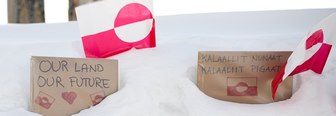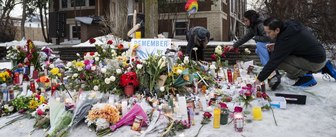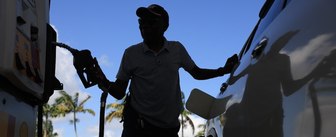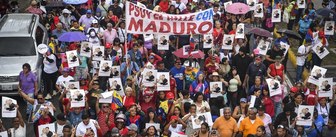Canadians aren't demanding Prime Minister Justin Trudeau's resignation after a yearbook photo emerged of him wearing brownface makeup to an Arabian Nights-themed party—a new YouGov poll conducted in Canada shows. Though over half of Canadians (53%) now say they have an unfavorable opinion of Trudeau, two-thirds (67%) of Canadian adults say he should not resign his office.
Trudeau, who is up for reelection on October 21, recently apologized for wearing brownface makeup as a costume when he was a 29-year-old teacher at West Point Grey Academy in 2001, as well as apologized for wearing blackface makeup in high school to sing a Jamaican folk song. In his acknowledgment, Trudeau said, “I shouldn't have done it. I should have known better, but I didn't, and I'm really sorry.”
The data reveals that Canadians are split over whether wearing blackface or brownface makeup is racist. In the survey, YouGov defined blackface and brownface for panelists as “a person using dark make-up or paint to give one's self the appearance of being a black or brown person.” More Canadians say that wearing brownface makeup is not racist (46%) than believe it’s racist (38%). The margins are tighter on wearing blackface makeup: 44% say it is not racist and 41% say it is.
Make your opinion heard through YouGov surveys. Sign up to be a part of our panel in Canada or the United States.
Following several political scandals where white politicians have been caught wearing blackface or brownface makeup as costume, YouGov found that Americans and Canadians believe prior ignorance—or not knowing something is offensive—is an acceptable excuse for having worn blackface or brownface makeup in the past.
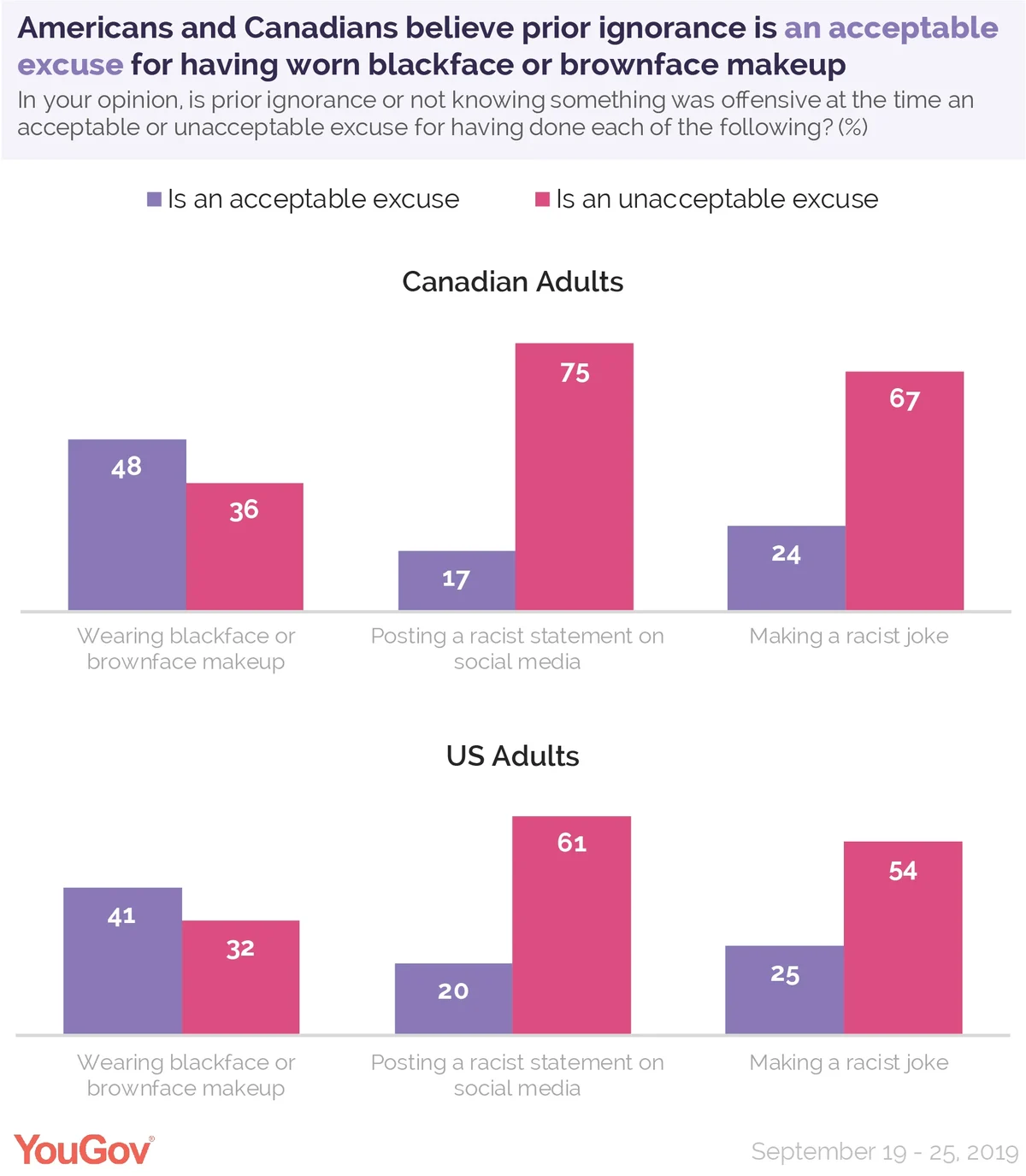
Most Canadians and Americans also believe politicians who have made mistakes before taking public office do not deserve to face consequences for it. More than half of Canadians (53%) say it is unfair for public figures to face political consequences for actions taken in the years before they were in public office. Nearly half (48%) of US adults agree that it is unfair to penalize a public figure for prior mistakes, while one-third (33%) say it is fair.
In Canada, half of adults believe Trudeau did enough by apologizing (49%) for wearing brownface and blackface makeup while over a quarter (28%) believe he needs to do more. Nearly one in five (18%) do not think he needed to apologize at all.
In America, the view on whether it’s acceptable for a white person to wear blackface makeup is split along racial lines. White Americans are more likely than Black and Hispanic Americans to say that blackface is not racist by a significant margin: 45% of white Americans say it is not racist, while a majority of Black Americans (55%) say that it is.
When the question is asked without the label of racism—simply whether it’s acceptable or unacceptable for a white person to wear blackface makeup, there are still racial splits. Over one-third (36%) of white Americans say it is acceptable, and nearly four in ten (39%) say it is unacceptable. In contrast, two-thirds (66%) of Black Americans say it’s unacceptable, and one in ten (11%) say it’s acceptable.
White Americans are also more likely (47%) than Black Americans (21%) to say that prior ignorance is a valid reason for having worn blackface or brownface makeup.
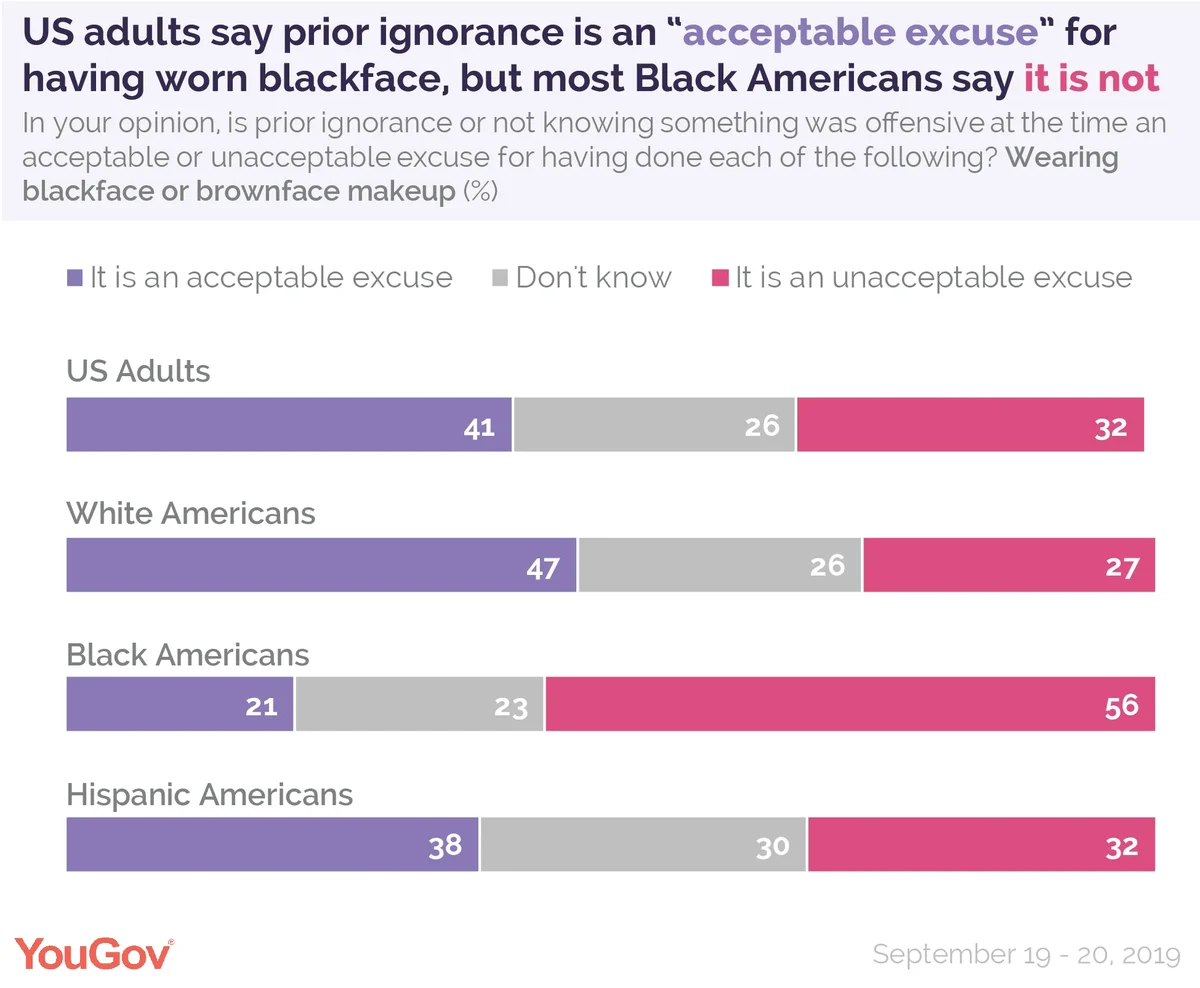
Canada Methodology: Total unweighted sample size was 1,001 Canadian adults. The figures have been weighted and are representative of all Canadian adults (ages 18+). Interviews were conducted online between September 20 - 25, 2019.
US Methodology: Total unweighted sample size was 1,307 US adults, including 848 white Americans, 156 Black Americans, and 192 Hispanic Americans. The figures have been weighted and are representative of all US adults (ages 18+). Interviews were conducted online between September 19 - 20, 2019.
See the full survey results from Canada and the full survey results from the United States.
Related: Should Puerto Rico become America's 51st state? Most say yes
Image: Getty



